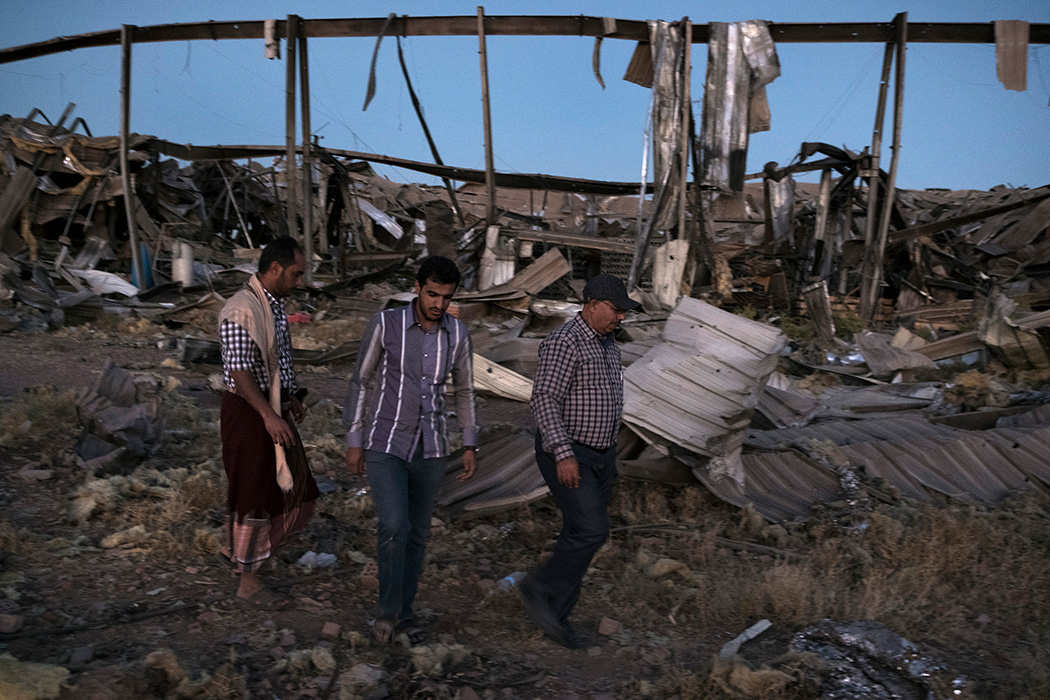
‘It’s a Slow Death’: The World’s Worst Humanitarian Crisis
YemenExtra
Y.A
SANA, Yemen – After two and a half years of war, little is functioning in Yemen.
Repeated bombings have crippled bridges, hospitals and factories. Many doctors and civil servants have gone unpaid for more than a year. Malnutrition and poor sanitation have made the Middle Eastern country vulnerable to diseases that most of the world has confined to the history books.
In just three months, cholera has killed nearly 2,000 people and infected more than a half million, one of the world’s largest outbreaks in the past 50 years.
“It’s a slow death,” said Yakoub al-Jayefi, a Yemeni soldier who has not collected a salary in eight months, and whose 6-year-old daughter, Shaima, was being treated for malnutrition at a clinic in the Yemeni capital, Sana.
Since the family’s savings ran out, they had lived mostly off milk and yogurt from neighbors. But that was not enough to keep his daughter healthy, and her skin went pale as she grew thin.
Like more than half of Yemenis, the family did not have immediate access to a working medical center, so Mr. Jayefi borrowed money from friends and relatives to take his daughter to the capital.
“We’re just waiting for doom or for a breakthrough from heaven,” he said.
How did a country in a region with such great wealth fall so far and so fast into crisis?
A Collapsed State
Many coalition airstrikes have killed and wounded civilians, including strikes on Wednesday around the capital. The bombings have also heavily damaged Yemen’s infrastructure, including a crucial seaport and important bridges as well as hospitals, sewage facilities and civilian factories.
Services that Yemenis have depended on are gone, and the destruction has undermined the country’s already weak economy. It has also made it harder for humanitarian organizations to bring in and distribute aid.
The Saudi-led coalition has also kept Sana’s international airport closed to civilian air traffic for more than a year, meaning that merchants cannot fly goods in, and sick and wounded Yemenis cannot fly abroad for treatment. Many of them have died.
No regular salaries have paid to many civil servants in over a year, impoverishing their families as there is little other work to be found. Among those affected are professionals whose work is essential to dealing with the crisis, like doctors, nurses and sewage system technicians, leading to the near collapse of their sectors.
Source: Website
